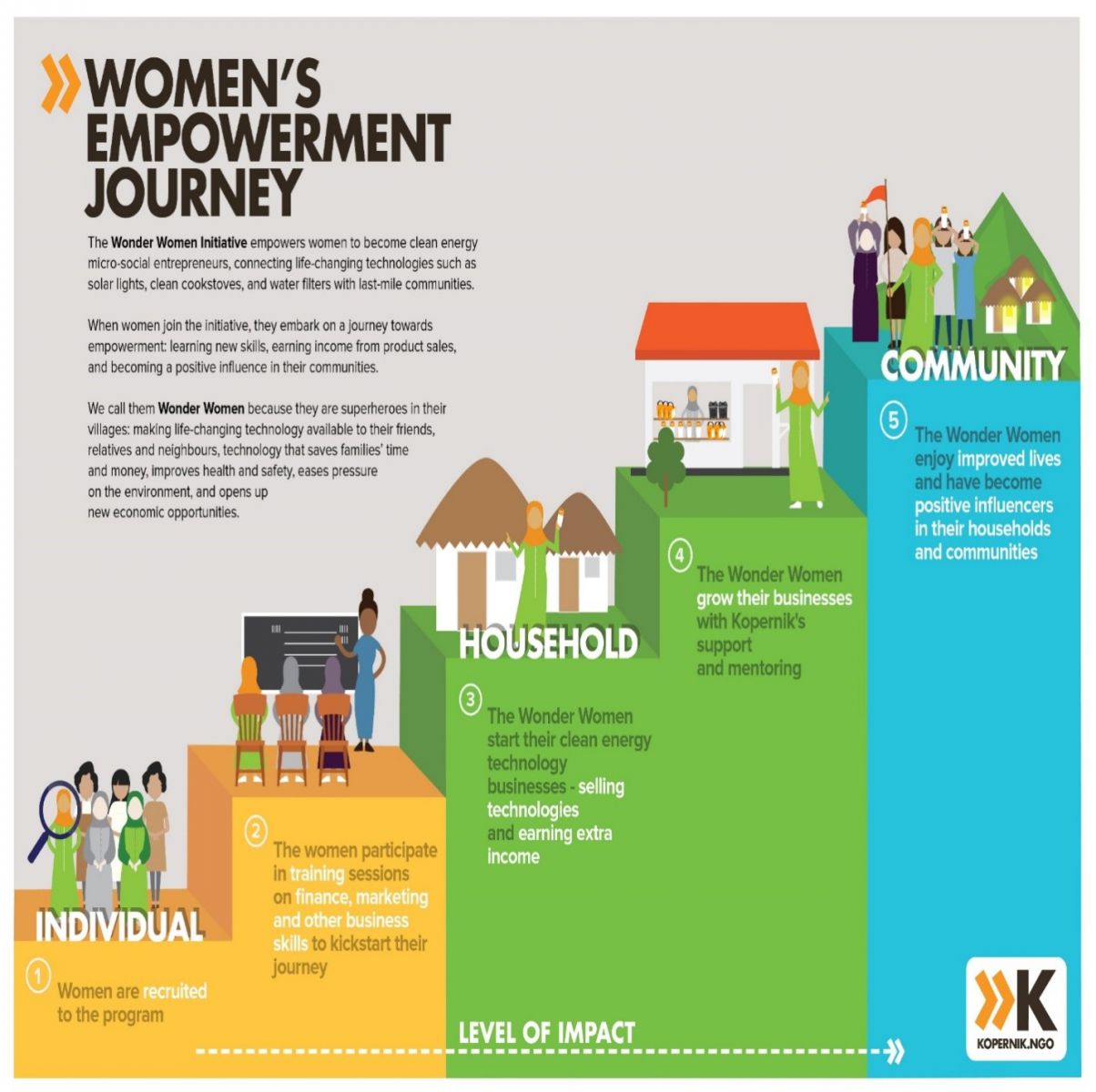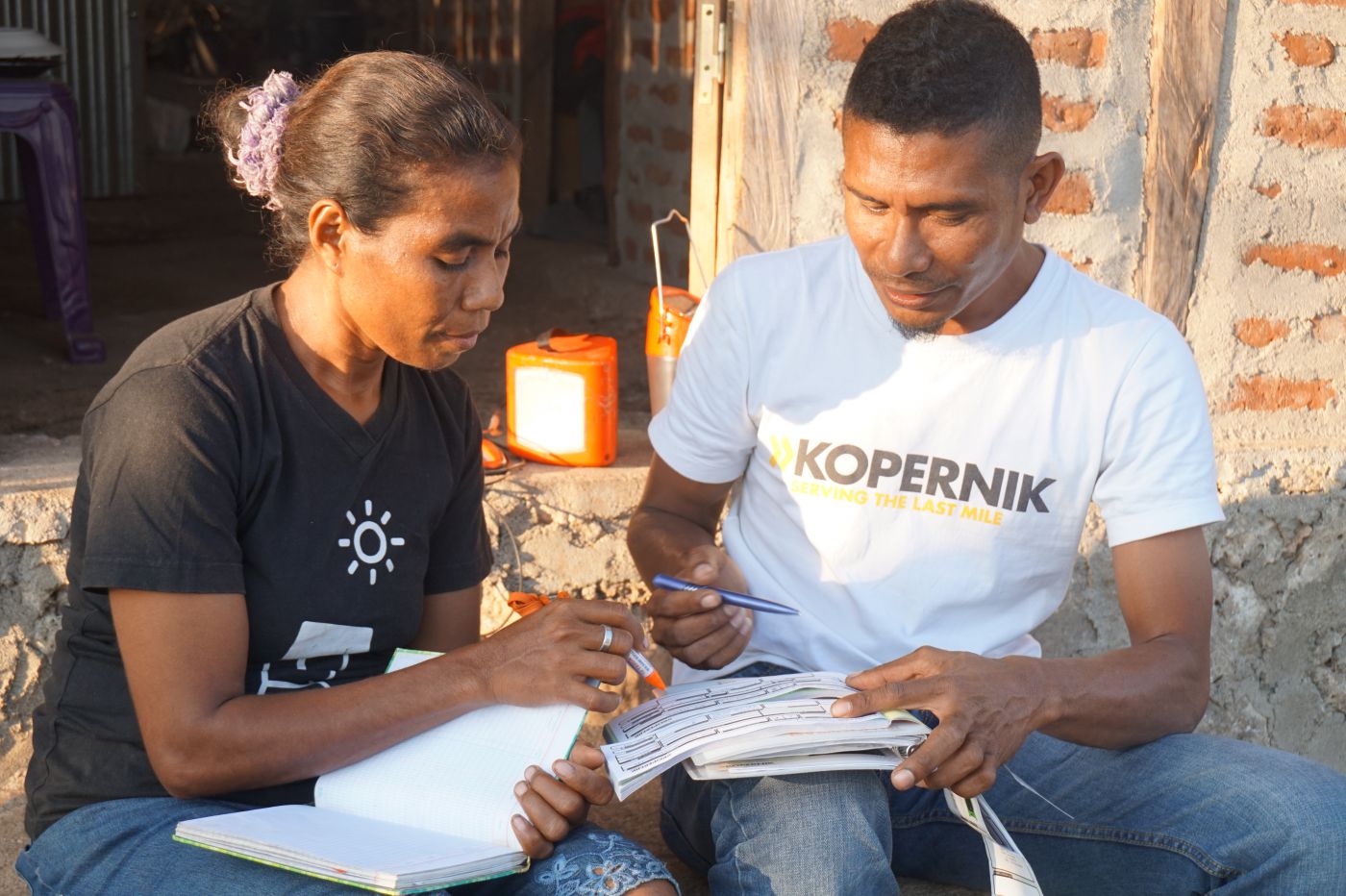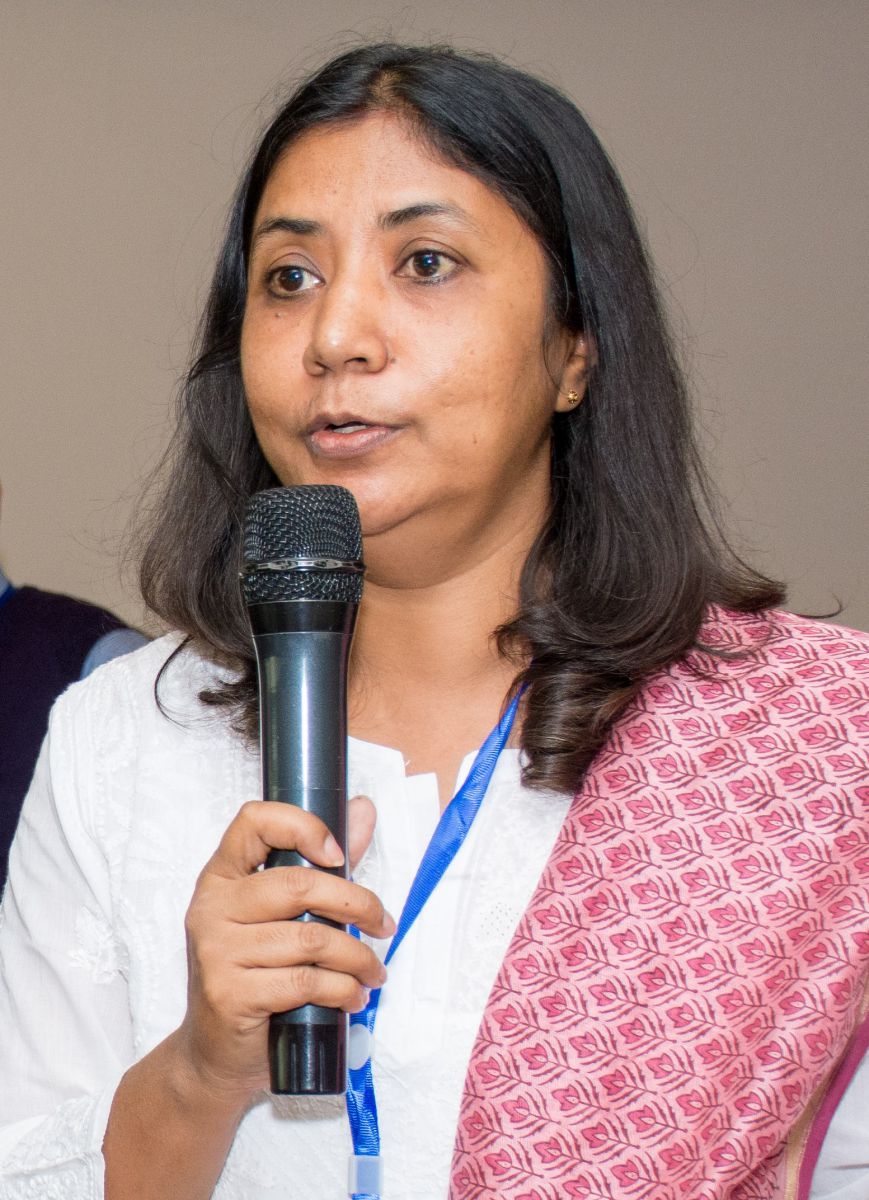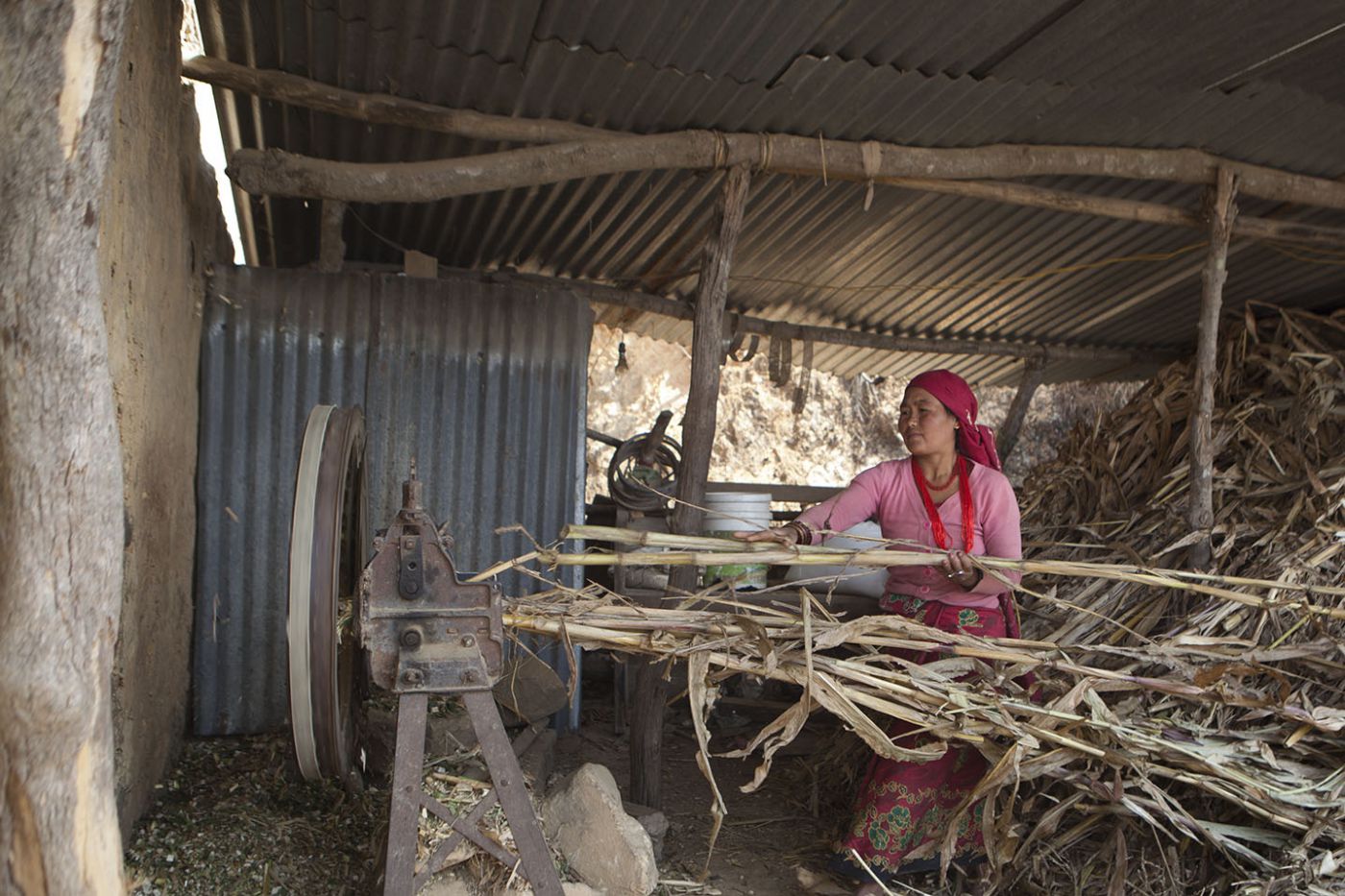At least 620 million people in the Asia-Pacific region lack access to electricity, and in South East Asia alone, more than 275 million people still rely on biomass for cooking. Especially in rural areas women bear the brunt of this energy poverty, which compounds the many challenges they face on a daily basis. Women’s engagement as energy entrepreneurs provides a key opportunity in the efforts to change that picture and to reach the goal of universal access to energy.
“In the provision of sustainable energy and climate-change technologies, women have many strengths. They understand better what design features in energy products meet women’s needs.They are more effective than men in selling to other women, and are part of social and community networks that often do not involve men. Women also are engaged, in large numbers, in micro and small enterprises, which provides a ready springboard for selling energy products and services. Hence, they are especially well equipped to reach the poorest customers and ‘the last mile’ in rural areas,” explains Soma Dutta, the Programme Coordinator or ENERGIA’s Women’s Economic Empowerment through Energy Access (WE) Programme.
Building upon women’s tremendous potential
“The WE Programme is one of the few major initiatives that directly build upon the tremendous potential that women represent for energy access; and that, in turn, energy access represents for women,” says Soma Dutta. In sum, this approach revolves around facilitating the setting-up and successful management of women led micro and small sustainable energy businesses.
The WE Programme is one of the few major initiatives that directly build upon the tremendous potential that women represent for energy access; and that, in turn, energy access represents for women
The products sold by these businesses – with the target of reaching 2 million consumers by the end of the current phase of the programme – bring gains from improved energy services to women in other economic branches. “Those productive uses of energy have various multiplier effects,” according to Dutta: “Poor populations gain access to clean energy products and services, and households and whole communities benefit when women are economically empowered.”
An example of how this works in practice is presented below, with Kopernik’s Wonder Women programme that is changing individual lives and whole communities in Indonesia.

Kopernik’s Wonder Women: expanding energy access in rural communities
Kopernik is a nonprofit organization that, among other things, implements the WE Programme in Indonesia. Kopernik’s Ibu Inspirasi (or Wonder Women in English) make simple technologies available in rural communities across the country. They sell solar lanterns, water filters and fuel-efficient cookstoves in their communities, forming a crucial link in the supply chain connecting carbon-friendly technology with the people who need it the most.
Through this initiative, renewable off-grid energy solutions reach very remote communities in Indonesia which traditional supply chains do not serve, because the cost of reaching them is so high. More than 380 women have sold clean energy technologies to 176,140 people.

Kopernik has identified several factors that play a role in the success of the program. One is that, when introducing new technologies, they identify organizations with existing networks in the local area and work closely with them. Next, they address financial barriers, such as the upfront cost of acquiring technologies, which typically prevent aspiring entrepreneurs from starting a business (we will present this in more detail in a separate post). Program participants also receive training in technology, business skills/financial management, sales, marketing and leadership, as well as a startup kit including a promotional material package.
In addition, Kopernik has learned that the most tangible benefits of the innovative clean energy solutions need to be most strongly communicated. This usually refers to monetary and non-monetary benefits for people living in poverty in the last mile. Since Wonder Women first use the technologies themselves, they are suited to communicate the use, the advantages as well as the limitations of these products to their community members.
The most tangible benefits of the innovative clean energy solutions need to be most strongly communicated
The final success factor in delivering and ensuring uptake of technology in the last mile that Kopernik has identified is to demonstrate commitment through continued engagement. Through mentors in the field and a mobile phone based data collection systems, Kopernik is able to keep in touch with all programme participants, track how their businesses are doing and support them as and when needed.
Moving forward will require tangible commitments and concrete action

The Women’s Economic Empowerment approach outlined above is based on a two-pronged strategy. As explained by Soma Dutta, “This strategy includes popularization of clean energy and empowering women entrepreneurs so that they can educate people in their communities on the benefits of using clean energy products, as well as turn them into customers.”
For this well-tested approach to have the impact it has the potential for, activities need to be scaled up. Doing so will require the fulfilment of a set of conditions, which Soma Dutta summarised as follows:
“Firstly, there is need for capacity building and support to organizations that are willing and capable of supporting women energy entrepreneurs. Secondly, there need to be tangible willingness to create a level playing field for women as energy entrepreneurs, which requires systems and mechanisms that will help them overcome the additional constraints they face. Thirdly, policy makers at the national level must start demonstrating a greater commitment and create an enabling environment for women to thrive. And finally, we need systematic data collection to demonstrate further that this business model works.”
Policy makers must start demonstrating a greater commitment and create an enabling environment for women to thrive
You can learn more about ENERGIA’s WE Programme in a previous post.











Follow us on: